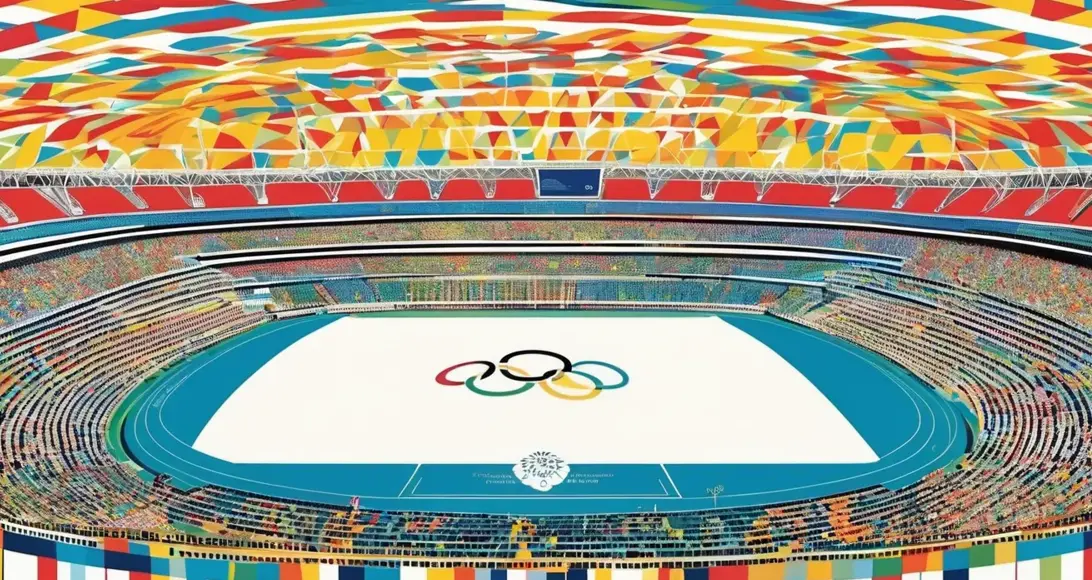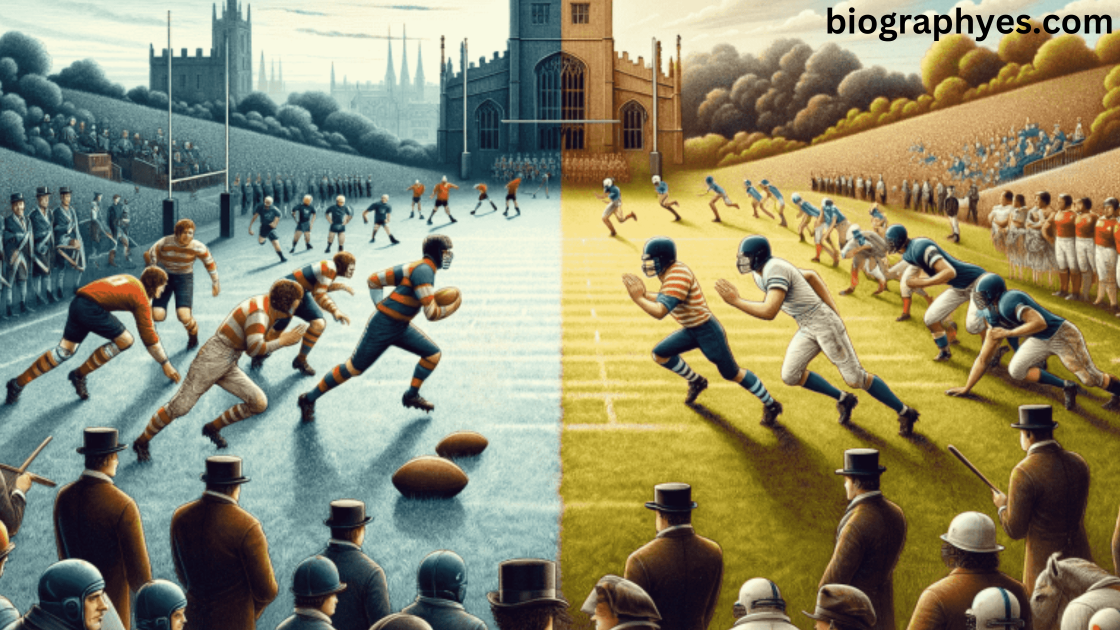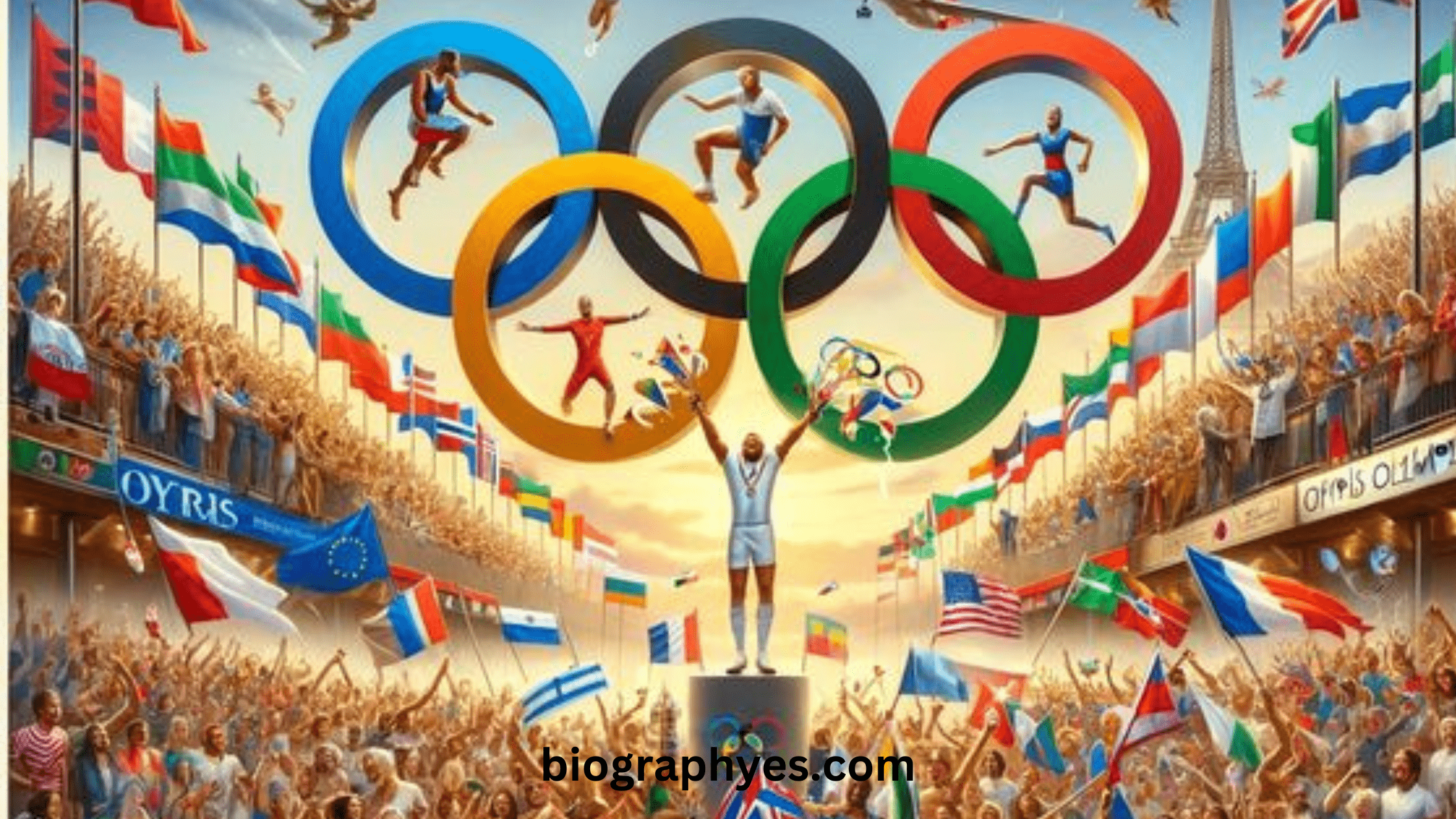The History of the Olympic Games and Its Impact
The Olympic Games have a rich history dating back thousands of years, and their impact on the world is undeniable. From their ancient roots in Greece to their modern-day global phenomenon, the Olympics have captivated audiences and inspired athletes for generations. This article takes a deep dive into the history of the Olympic Games and explores their significance and influence on both sports and society.
As we uncover the origins of the Olympics, we’ll discover how these games were originally part of religious rituals and celebrations. Over time, they evolved into a platform for showcasing athletic prowess and promoting peace, unity, and friendly competition. We’ll also explore some of the most memorable moments in Olympic history, from Jesse Owens’ triumphant victories in Nazi Germany to Usain Bolt’s record-breaking sprints that captivated the world.
In addition to celebrating athletic excellence, the Olympics have played a pivotal role in promoting social issues and human rights. We’ll delve into how boycotts, controversies, and political statements have shaped the history of the Games, influencing the way we view sports and their connection to broader societal issues.
Join us on this captivating journey through time as we delve into the fascinating history of the Olympic Games and uncover their lasting impact on the world.
Ancient Olympic Games
The origins of the Olympic Games can be traced back to ancient Greece, where they were first held as part of religious festivals and celebrations. The ancient Olympic Games were held every four years in the city of Olympia, located in the Peloponnese region of Greece. These games were closely tied to the worship of the Greek god Zeus, with the opening ceremonies and various events being part of the rituals and festivities dedicated to the king of the gods.
The ancient Olympic Games were not just athletic competitions but also a celebration of Greek culture, art, and philosophy. The games were not only a showcase of physical prowess but also a platform for the display of intellectual and artistic achievements. Poets, artists, and philosophers would gather in Olympia to share their works and engage in intellectual discourse, making the games a true cultural event that brought together the best of Greek civilization.
The events of the ancient Olympic Games were quite different from their modern counterparts. The ancient Olympics featured a variety of events, including running, wrestling, boxing, chariot racing, and various forms of combat and athletics. The competitions were open only to male athletes, and women were not allowed to participate or even attend the games. The winners of the ancient Olympic events were awarded olive wreaths, which were considered the highest honor and a symbol of their athletic excellence and dedication.
Revival of the Olympic Games
The ancient Olympic Games continued to be held for over a thousand years, until they were finally abolished in the 4th century AD by the Roman Emperor Theodosius I, who deemed the games to be pagan and incompatible with the Christian faith. For over a millennium, the Olympic Games remained dormant, and the idea of reviving this ancient tradition seemed like a distant dream.
It wasn’t until the late 19th century that the Olympic Games were reborn, thanks to the efforts of a French educator and historian named Pierre de Coubertin. Coubertin was deeply inspired by the ideals of the ancient Olympic Games and believed that the revival of these games could serve as a powerful tool for promoting international cooperation, sportsmanship, and peace.
In 1896, the first modern Olympic Games were held in Athens, Greece, with 14 countries and 241 athletes (all of them male) participating in the event. The games were an immediate success, and the Olympic movement quickly gained momentum, with the next edition of the Olympics being held in Paris in 1900. Over the following decades, the Olympic Games continued to grow in scale and significance, with more countries and athletes participating, and the range of events expanding to include a wider variety of sports.
Evolution of the Olympic Games
As the Olympic Games evolved over the years, they underwent significant changes and transformations, both in terms of their organization and the events they featured. One of the most notable developments was the inclusion of women in the Olympic competitions, which was a gradual process that took several decades to fully realize.
The first female athletes were allowed to compete in the 1900 Paris Olympics, with 19 women participating in events such as tennis, golf, and croquet. Over the years, the number of female athletes continued to grow, and today, women make up a significant portion of the Olympic participants, competing in a wide range of sports on an equal footing with their male counterparts.
Another major evolution in the Olympic Games was the introduction of new sports and events. As the world of sports continued to evolve, the Olympic program expanded to include a diverse range of disciplines, from traditional team sports like football and basketball to more specialized events like figure skating, snowboarding, and beach volleyball. This diversification of the Olympic program has helped to keep the games relevant and engaging for modern audiences, while also reflecting the changing interests and preferences of both athletes and spectators.
Impact of the Olympic Games on host cities
The Olympic Games have had a profound impact on the host cities that have had the honor of welcoming the world’s best athletes and spectators. Hosting the Olympics is a significant undertaking that requires extensive planning, infrastructure development, and financial investment, but the benefits can be substantial for the host city and its surrounding region.
One of the most tangible impacts of the Olympic Games on host cities is the massive infrastructure projects that are undertaken to accommodate the influx of athletes, officials, and spectators. This often includes the construction of new sports venues, transportation hubs, housing, and other facilities that can have a lasting impact on the city’s urban landscape. For example, the 2008 Beijing Olympics led to the construction of the iconic Bird’s Nest stadium, as well as the expansion of the city’s metro system, which has continued to benefit the local population long after the games have ended.
Beyond the physical infrastructure, the Olympic Games can also have a significant economic impact on the host city. The influx of visitors, media attention, and global exposure can drive investment, create jobs, and boost tourism, all of which can contribute to the city’s economic growth and development. However, the financial burden of hosting the Olympics can also be significant, and some host cities have struggled to recoup the massive investments required to stage the event. The long-term sustainability of the Olympic Games and their impact on host cities remains an ongoing concern and an area of active debate.
Olympic Games controversies
While the Olympic Games are often celebrated as a symbol of unity, sportsmanship, and global cooperation, they have also been marred by various controversies and political tensions throughout their history. From boycotts and doping scandals to human rights abuses and security concerns, the Olympics have been a stage for some of the most contentious and divisive issues in the international arena.
One of the most significant Olympic controversies was the series of boycotts that took place during the Cold War era. In 1980, the United States led a boycott of the Moscow Olympics in response to the Soviet Union’s invasion of Afghanistan, while the Soviet Union and its allies responded by boycotting the 1984 Los Angeles Olympics. These political tensions and tit-for-tat boycotts not only disrupted the Olympic competitions but also undermined the games’ ideals of international cooperation and peaceful competition.
Another major controversy that has plagued the Olympic Games is the issue of doping and the use of performance-enhancing drugs by athletes. From the East German doping scandal of the 1970s to the more recent Russian doping controversy, the Olympics have been rocked by numerous instances of cheating and the use of banned substances. These scandals have eroded public trust in the integrity of the games and have led to calls for stricter anti-doping measures and more robust testing protocols.
Olympic Games and international relations
The Olympic Games have long been seen as a platform for diplomacy and international relations, with host countries and participating nations using the event to showcase their power, influence, and cultural values on the global stage. From the Nazi-hosted 1936 Berlin Olympics to the politically charged 1980 and 1984 Olympics, the games have often been used as a stage for geopolitical posturing and the projection of national interests.
One of the most significant examples of the Olympic Games’ impact on international relations was the 1936 Berlin Olympics, which took place under the shadow of the Nazi regime. The German government used the games as a propaganda tool to showcase the supposed superiority of the Aryan race and the power of the Nazi state. However, the games also provided a platform for resistance, with African-American athlete Jesse Owens’ four gold medal victories serving as a powerful rebuke to the Nazi’s racist ideology.
More recently, the Olympic Games have been used as a diplomatic tool to promote peace and international cooperation. The 2018 Winter Olympics in Pyeongchang, South Korea, for example, saw a historic moment of reconciliation between North and South Korea, with the two countries marching together during the opening ceremony and fielding a joint women’s ice hockey team. This gesture of unity was seen as a significant step towards reducing tensions on the Korean Peninsula and paved the way for further diplomatic efforts.
Olympic Games and cultural exchange
The Olympic Games have long been a platform for cultural exchange and the promotion of diversity, with host countries using the event to showcase their unique cultural heritage, traditions, and artistic achievements. From the opening and closing ceremonies to the various cultural events and exhibitions that take place during the games, the Olympics have become a global stage for the celebration of cultural diversity and the exchange of ideas.
One of the most prominent examples of the Olympic Games’ role in cultural exchange is the opening and closing ceremonies, which have become increasingly elaborate and visually stunning over the years. These ceremonies often feature elaborate performances, pageantry, and artistic displays that highlight the host country’s cultural history and identity. For example, the 2008 Beijing Olympics opening ceremony was a breathtaking celebration of Chinese culture, featuring stunning visual effects, traditional dance, and a massive display of Chinese calligraphy.
Beyond the ceremonies, the Olympic Games also provide a platform for the exchange of ideas and the promotion of cultural understanding. The presence of athletes, officials, and spectators from around the world creates a unique opportunity for cross-cultural interaction and the sharing of cultural traditions and practices. This cultural exchange can take many forms, from the sharing of culinary traditions to the exploration of artistic and intellectual pursuits, all of which contribute to a deeper understanding and appreciation of the diversity that makes up the global community.
Economic impact of the Olympic Games
The Olympic Games have a significant economic impact on both the host cities and countries, as well as the broader global economy. From the massive infrastructure investments required to host the event to the influx of visitors and media attention, the Olympics can generate substantial economic activity and revenue for the host region.
One of the most tangible economic impacts of the Olympic Games is the investment in infrastructure and facilities. Host cities typically invest billions of dollars in the construction of new sports venues, transportation networks, housing, and other supporting infrastructure to accommodate the influx of athletes, officials, and spectators. While these investments can provide long-term benefits to the host city, such as improved transportation and recreational facilities, the financial burden of hosting the Olympics can also be significant and can lead to economic challenges for the host region.
Beyond the infrastructure investments, the Olympic Games also generate substantial revenue through ticket sales, sponsorships, and media rights. The global attention and media coverage of the Olympics can be a boon for the host country’s tourism industry, with visitors flocking to the host city to experience the games and explore the local culture. This influx of visitors can provide a significant economic boost to the hospitality, retail, and transportation sectors, as well as generate tax revenue for the host government.
Conclusion and future of the Olympic Games
As we have seen, the Olympic Games have a rich and complex history that spans thousands of years, from their ancient origins in Greece to their modern-day global phenomenon. Throughout their evolution, the Olympics have served as a platform for athletic excellence, cultural exchange, and international cooperation, while also being shaped by political tensions, controversies, and economic challenges.
Looking to the future, the Olympic Games face a number of critical challenges and opportunities. One of the most pressing issues is the need to ensure the long-term sustainability of the event, both in terms of its environmental impact and its financial viability. Host cities have struggled with the massive costs of staging the Olympics, and there are growing concerns about the carbon footprint and resource consumption associated with the games.
At the same time, the Olympic movement is grappling with the need to adapt to the changing landscape of global sports and entertainment. As new technologies, media platforms, and consumer preferences emerge, the Olympics will need to find ways to remain relevant and engaging for modern audiences, while also upholding the timeless values of sportsmanship, fair play, and international cooperation that have defined the games since their inception.
Despite these challenges, the Olympic Games remain a powerful symbol of human achievement and global unity. As we look to the future, it is clear that the Olympics will continue to evolve and adapt, but the core ideals of the games – the pursuit of excellence, the celebration of diversity, and the promotion of peace – will endure. Whether as athletes, spectators, or global citizens, we all have a role to play in shaping the future of the Olympic Games and ensuring that they continue to inspire and captivate the world for generations to come.


